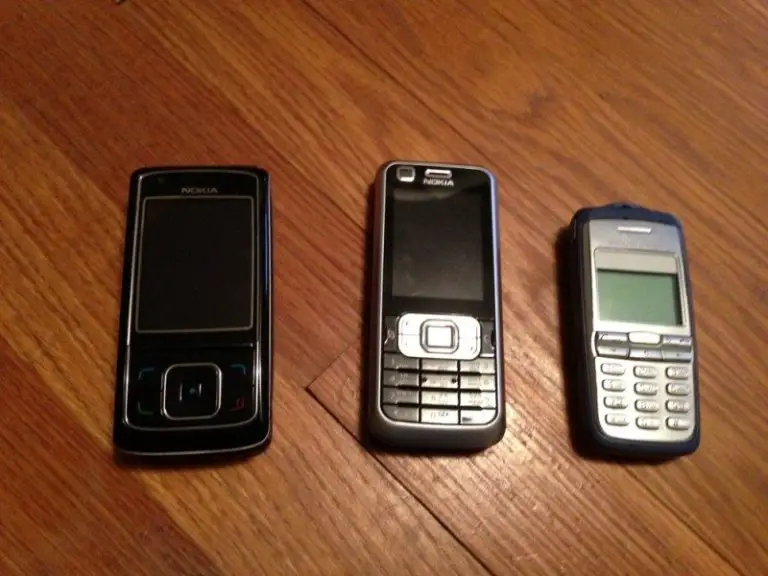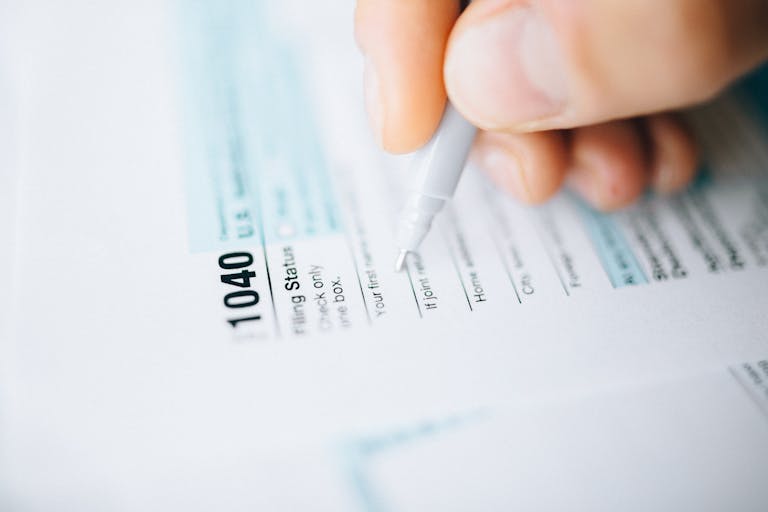WILL A FELONY AFFECT MY CREDIT SCORE?
Recently, a friend of mine was trying to purchase his first home and was worried that his past would somehow, someway come back yet again to haunt him on this ever-important milestone. Did I mention that my friend is a convicted felon – well he is, and yeah, so am I. With that, it got me interested in wanting to share this with you:
Will a felony affect my credit score?
Your credit score is a summary of your credit history, good or bad, from the past seven years. It includes borrowing and repayment information, as reported to the credit bureaus by your lenders. Your credit report does not include your criminal record. So therefore, a felony will not affect your credit score.
A felony can however still keep you from getting a job or renting a property, as many employers and landlords will still run criminal checks, as well as your credit.
Can a felony conviction show up on a credit check or on my credit report?
Once again, no. These inquiries do not affect your credit score because they are not connected with attempts to get more credit (borrowing money).
A felony does, however, bear significant weight in a person’s overall daily life, creating numerous hardships and major challenges involving employment, housing, and government aid, where aside from one’s credit, may both directly and indirectly impact one’s ability to secure a loan for a home mortgage or in purchasing a vehicle.
In the United States, any entity that wishes to run a credit check is required by law to notify you that they will be checking your credit score.
Is a credit check the same thing as a background check?
No, it is not, as they are both different. A background check consists of your criminal history, whether it be felony or misdemeanor, education credentials, and reported employment history.
How far back does a credit check go?
The Fair Credit Reporting Act limits how long negative information like lawsuits, judgments, and collections will be reported. Generally, this information is shared for seven years or until the statute of limitations runs out, whichever is longer. Bankruptcies can stay on your report up to ten years.
Will an employer check my credit if I am a felon?
In all likelihood no, unless the employer can justify why they would need this information. If you are up for a position that involves finances, the handling of money and what not (such as banking), then yes, it is quite possible they may run a credit check on you. However, if you’re interviewing for a job to drive a trailer, then probably not.
There should no reason why they would need to access such private information. Keep in mind that due to owning this felony, one would have much larger issues to be concerned with other than just a standard credit check.
To be noted, running a credit and/or background check is not free. The company has to pay for this service, and often times they may fail to do such out of laziness and negligence. They will also have to gain your permission in order to obtain this information. If a company does request a background check, they will also have to provide you with a copy of Your Rights Under the Fair Credit Reporting Act.
There is an adopted procedure to be followed by entities performing a background check and/or credit check on an individual, where your rights and the rules governing that process are covered in the Fair Credit Reporting Act.
If one is denied employment as the result of this background or credit check, the entity must send you something called an Adverse Action Letter. This letter will provide you with information that was collected in that cross-check with the details as to why the company denied you employment.
This will also give you the chance to contest any information (now, then, and moving forward) that’s incorrect. One should really take time to understand this in order to know their rights, especially when overcoming the challenges of a felony conviction.
What does affect my credit?

There are multiple factors that affect credit score, but far and wide the most significant part is your payment history, or how you’ve managed your financial accounts. Having even one missed payment can have a negative impact on your score, as the lenders want to be sure that you will pay back your debts on time in consideration of extending you a line of credit. Payment history accounts for 35% of your score.
What should my credit credit score be?

Credit scores range from 300 to 850, with the higher the score the better. Typically, a score in the 700’s is considered very good, and will yield the most favorable terms of financing for anyone looking to make a large purchase, or even small.
If your credit score is on the lower end, fret not, as there are many ways one can establish, build, or even (re)build their credit profile in order to have access to opportunities. It just takes some work, patience, and follow up.
Do not underestimate the value and importance of your credit score, especially if one is at a disadvantage of having to contend with a felony in their life.
You must remember though that the beauty of credit lies in the fact that anyone, of any age, in any location, and of any income level, can build a good – or even excellent credit score, even if they are a convicted felon.
–The Educated Felon








7 Comments